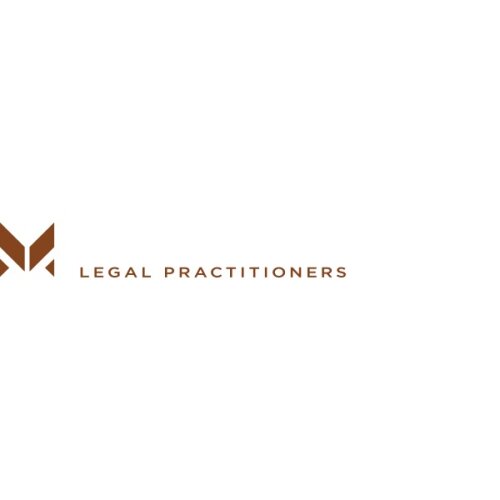Best Agriculture Lawyers in Lusaka
Share your needs with us, get contacted by law firms.
Free. Takes 2 min.
List of the best lawyers in Lusaka, Zambia
About Agriculture Law in Lusaka, Zambia:
Agriculture is a vital industry in Lusaka, Zambia, contributing significantly to the country's economy. With a diverse range of crops and livestock being cultivated, it is important to understand the legal framework surrounding agriculture to ensure compliance with regulations and protect your interests.
Why You May Need a Lawyer:
There are several situations where you may require legal assistance in the field of agriculture in Lusaka, Zambia. This can include land disputes, contract negotiations, regulatory compliance, environmental concerns, and more. A lawyer can help navigate the complex legal landscape and ensure that your rights are protected.
Local Laws Overview:
In Lusaka, Zambia, the agriculture sector is governed by a variety of laws and regulations. Key aspects include land rights, water usage, environmental protection, licensing requirements, and labor laws. It is essential to be familiar with these laws to avoid potential legal issues.
Frequently Asked Questions:
1. Can I legally own agricultural land in Lusaka, Zambia?
In Zambia, agricultural land can be owned by Zambian citizens, corporations, or entities with special permission from the government.
2. How can I protect my agricultural business from environmental regulations?
It is important to follow environmental laws and regulations regarding waste management, water usage, and pesticide application to protect your agricultural business.
3. What are the requirements for obtaining a farming license in Lusaka?
To operate a farm in Lusaka, you will need to obtain a license from the Ministry of Agriculture, Livestock, and Fisheries.
4. How can I resolve a dispute with my neighbor over land boundaries?
It is advisable to seek legal assistance to resolve disputes over land boundaries, which may involve mediation, negotiation, or legal action.
5. What are the labor laws pertaining to agricultural workers in Lusaka?
Agricultural workers in Lusaka are entitled to certain rights and protections under Zambian labor laws, including minimum wage requirements and workplace safety regulations.
6. Can I sue a supplier for selling me defective agricultural equipment?
If you believe you have been sold defective agricultural equipment, you may be able to pursue legal action against the supplier for damages.
7. How can I ensure compliance with agricultural import and export regulations?
It is important to stay informed about import and export regulations for agricultural products in Lusaka to avoid legal issues relating to customs clearance, tariffs, and documentation.
8. What legal considerations should I keep in mind when entering into a farming partnership?
Before entering into a farming partnership, it is crucial to have a written agreement outlining each party's rights, responsibilities, and dispute resolution mechanisms.
9. Can I apply for government grants or subsidies for my agricultural business?
Government grants and subsidies are available for eligible agricultural projects in Lusaka, and it is advisable to seek legal guidance when applying for these opportunities.
10. How can I protect my intellectual property rights in the agricultural sector?
You can protect your intellectual property rights in the agricultural sector by registering trademarks, patents, or copyrights for unique products, processes, or designs.
Additional Resources:
For further information on agriculture law in Lusaka, Zambia, you can contact the Ministry of Agriculture, Livestock, and Fisheries or seek assistance from legal organizations such as the Zambia National Farmers' Union.
Next Steps:
If you require legal assistance in the field of agriculture in Lusaka, Zambia, it is recommended to consult with a qualified lawyer specializing in agricultural law to discuss your specific situation and explore your legal options.
Lawzana helps you find the best lawyers and law firms in Lusaka through a curated and pre-screened list of qualified legal professionals. Our platform offers rankings and detailed profiles of attorneys and law firms, allowing you to compare based on practice areas, including Agriculture, experience, and client feedback.
Each profile includes a description of the firm's areas of practice, client reviews, team members and partners, year of establishment, spoken languages, office locations, contact information, social media presence, and any published articles or resources. Most firms on our platform speak English and are experienced in both local and international legal matters.
Get a quote from top-rated law firms in Lusaka, Zambia — quickly, securely, and without unnecessary hassle.
Disclaimer:
The information provided on this page is for general informational purposes only and does not constitute legal advice. While we strive to ensure the accuracy and relevance of the content, legal information may change over time, and interpretations of the law can vary. You should always consult with a qualified legal professional for advice specific to your situation.
We disclaim all liability for actions taken or not taken based on the content of this page. If you believe any information is incorrect or outdated, please contact us, and we will review and update it where appropriate.











